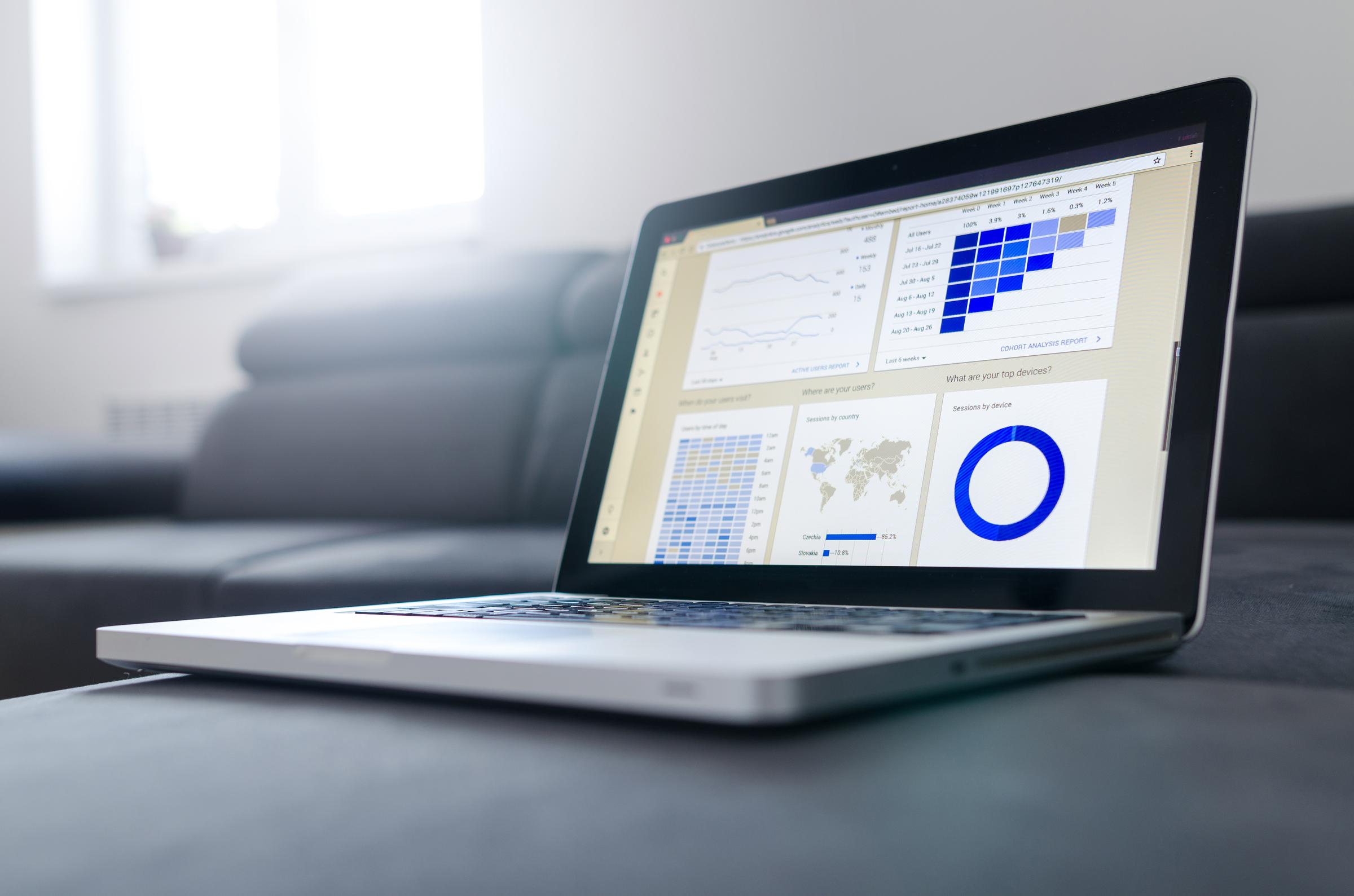Accounting

Purpose and Structure
VCE Accounting explores the financial recording, reporting, analysis and decision-making processes of a sole proprietor small business. Students study both theoretical and practical aspects of accounting. They collect, record, report and analyse financial data, and report, classify, verify and interpret accounting information, using both manual methods and information and communications technology (ICT). Students apply critical thinking skills to a range of business situations to model alternative outcomes and to provide accounting advice to business owners. In business decision-making, financial as well as ethical considerations (incorporating social and environmental aspects) should be considered.
Unit 1: The role of accounting in business
This unit explores the establishment of a business and the role of accounting in the determination of business success or failure. In this, it considers the importance of accounting information to stakeholders. Students analyse, interpret and evaluate the performance of the business using financial and non-financial information. They use these evaluations to make recommendations regarding the suitability of a business as an investment.
Unit 2: Accounting and decision-making for a trading business
In this unit students develop their knowledge of the accounting processfor sole proprietors operating a trading business, with a focus on inventory, accounts receivable, accounts payable and non-current assets. Students use manual processes and ICT, including spreadsheets, to prepare historical and budgeted accounting reports.
Students analyse and evaluate the performance of the business relating to inventory, accounts receivable, accounts payable and non-current assets. They use relevant financial and other information to predict, budget and compare the potential effects of alternative strategies on the performance of the business. Using these evaluations, students develop and suggest strategies to the owner to improve business performance.
Unit 3: Financial accounting for a trading business
This unit focuses on financial accounting for a trading business owned by a sole proprietor and highlights the role of accounting as an information system. Students use the double entry system of recording financial data and prepare reports using the accrual basis of accounting and the perpetual method of inventory recording.
Students develop their understanding of the accounting processes for recording and reporting and consider the effect of decisions made on the performance of the business. They interpret reports and information presented in a variety of formats and suggest strategies to the owner to improve the performance of the business.
Unit 4: Recording, reporting, budgeting and decision-making
In this unit, students further develop their understanding of accounting for a trading business owned by a sole proprietor and the role of accounting as an information system. Students use the double entry system of recording financial data and prepare reports using the accrual basis of accounting and the perpetual method of inventory recording. Both manual methods and ICT are used to record and report. Students extend their understanding of the recording and reporting process with the inclusion of balance day adjustments and alternative depreciation methods. They analyse and interpret accounting reports and graphical representations to evaluate the performance of a business. From this evaluation, students suggest strategies to business owners to improve business performance.
